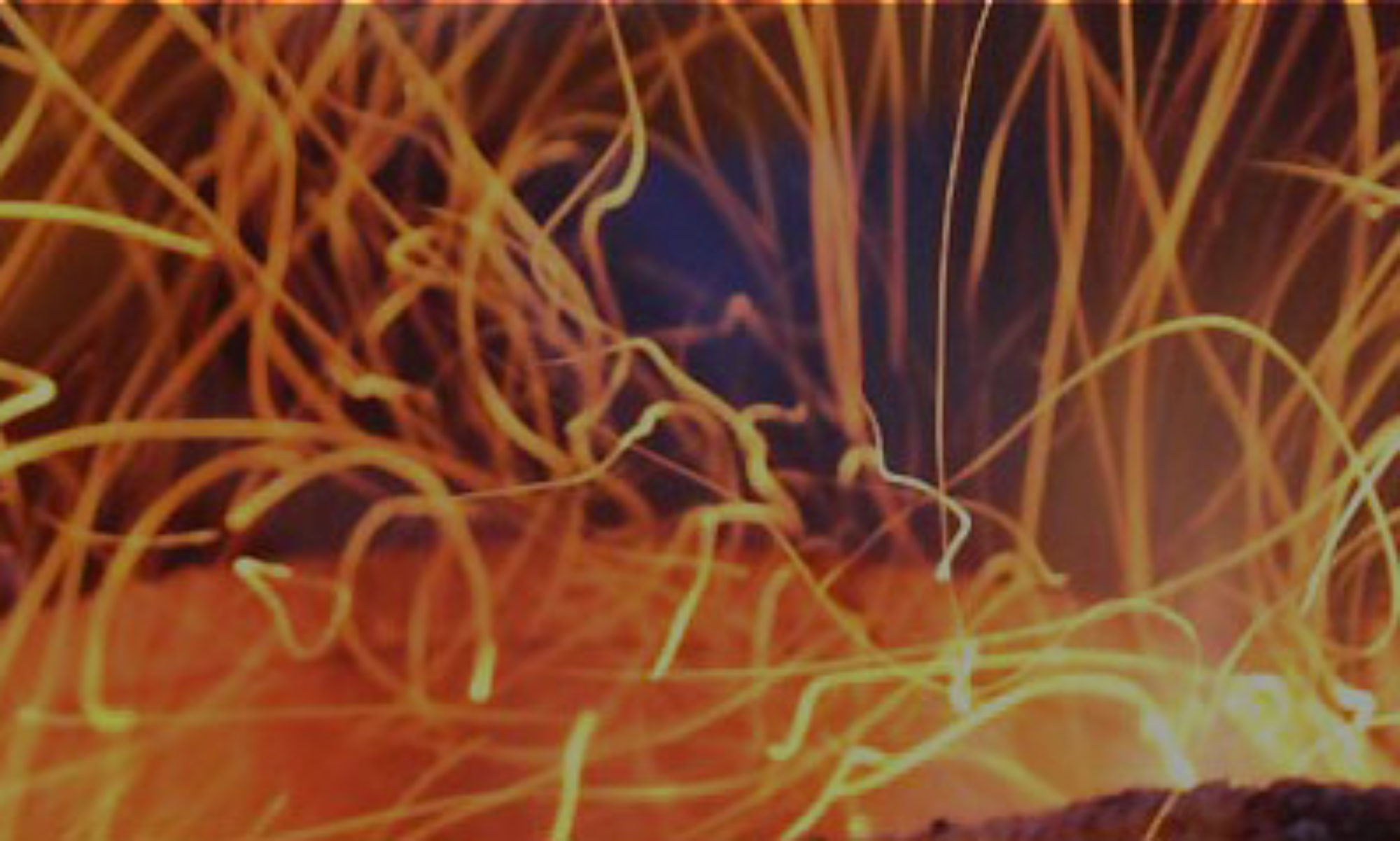Referencing the Burning Man, the idea of collectivist and bureaucratic processes that run from under-organized to over-organized is again thinking about how individuals relate to larger societal and group goals or processes. I’m not sure I totally agree with how Chu is defining “collectivist” and she seems to combine a number if disparate practices into one category. A bureaucracy has much more clarity. I suppose the task would be to do some research or make an inquiry into definitions of “collective” and “bureaucracy”. So my schema would have a matrix that was about individual and collective goal and the degree to which these goals are prioritized. Or perhaps upon further thinking it is about thinking not about these two definitions but rather a series of differentiating features such that realize themselves in organizational forms such as individual agency, collective will, levels of constraint.
This brings back my thinking from the last days that relating to emerging new organizational forms. So what would an ideal organizational form look like? Here are some possible features:
- Individuals can easily move in and out of the organization
- Individuals have a good deal of flexibility in what skills, knowledge and commitment they bring to the table
- Individuals are able to grow new skills, expand knowledge, and increase commitment
- Group goals are clearly articulated and individuals are encouraged to engage in the realization of these goals
- Group goals are presented as a way for individuals to belong, contribute, and create meaning.
- Groups create a mechanism by which individuals are brought into meaningful connection with others.
- Facilitators work to ensure that both group and individual goals are met and that the organizational space is maintained as an “open environment”
- Values, practices / routines, and norms act as the primary bonding agents and could serve as boundary objects connecting them to other groups.
